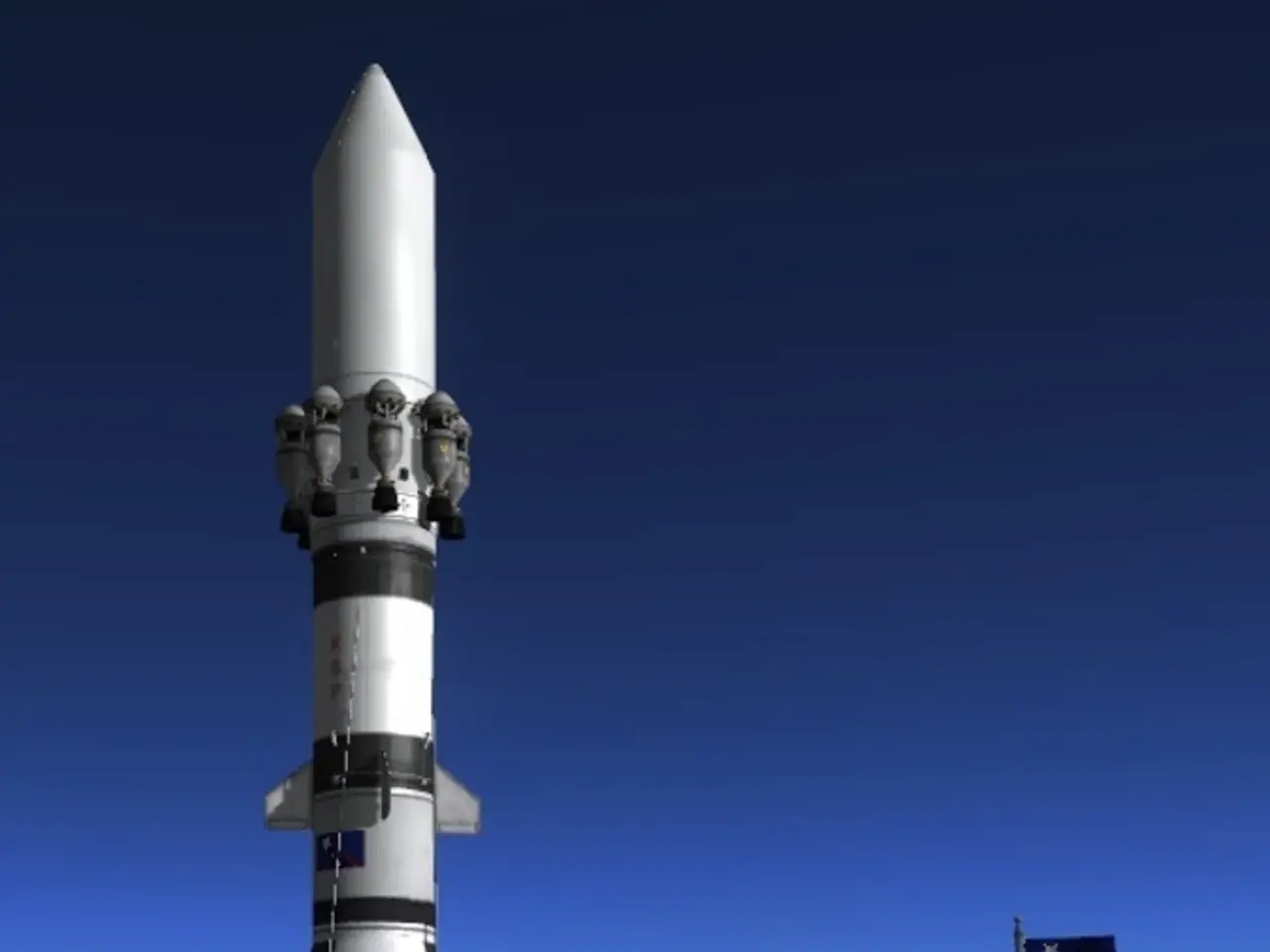ESA & Avio Team Up for €40M Reusable Rocket Upper Stage
The European Space Agency (ESA) and Italian aerospace company Avio have signed a €40 million contract to develop a reusable upper stage for future rockets. This marks a significant step towards reducing launch costs and enabling more frequent news missions in Europe's ongoing efforts to embrace reusability in space launch systems.
The contract, signed during the International Astronautical Congress in Sydney, Australia, aims to demonstrate an in-flight reusable upper stage capable of returning to Earth and being reflown within 24 months. This ambitious project builds on Europe's heritage in reentry experience, such as the Space Rider uncrewed reusable spaceplane, aiming to integrate launch, orbital deployment, and return capabilities into a single reusable module.
The concept of reusable rockets is not new, tracing its roots back to the early days of spaceflight with NASA's Space Shuttle program in the 1980s. However, the true paradigm shift came with SpaceX's Falcon 9 in 2015, when the company successfully landed and reused its first-stage booster, dramatically reducing launch costs. ESA and AVIO's collaboration could now pave the way for evolutions of the Vega rocket family or entirely new fully reusable European launchers, positioning the continent as a key player in the new space race.
The 24-month development activities, initiated with this contract, will focus on demonstrating an in-flight reusable upper stage. If successful, this could revolutionize Europe's approach to space launch systems, moving away from traditional expendable launchers like Ariane 5 and Vega, and towards a more cost-effective, reusable future.
Read also:
- Transforming Digital Inventories in the Food Industry: A Comprehensive Guide for Food Businesses
- Munich Airport Unveils Its New Electrical Vehicle Charging Parksite
- Vehicle electrification and bidirectional charging technologies could potentially reduce EU energy expenses by a staggering €22 billion annually by the year 2040.
- Rapid Construction of Rajasthan's 435 Megawatt Solar Power Plant in Eight Months Reduces Carbon Dioxide Emissions by Over 700,000 Tons







